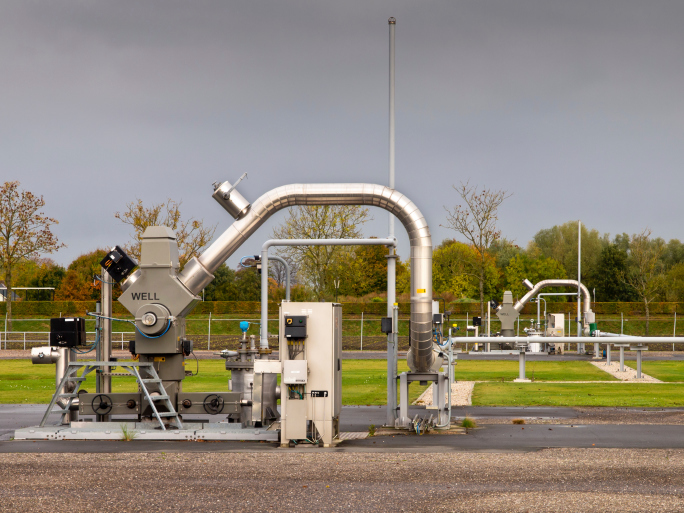Pennsylvanians are basking in the economic wealth created by natural gas production, with energy companies expected to pay $225 million in natural gas production fees to the Keystone State this year.
Taking advantage of vast natural gas deposits in the Marcellus Shale Formation and advances in hydraulic fracturing production technologies, Pennsylvania is experiencing a resurgence in energy production. Since 2012, when Pennsylvania enacted natural gas impact production fees, industry companies have paid more than $400 million in impact fees to state and local governments. By the end of the year, the total is expected to reach $630 million. The production fees are in addition to normal business taxes paid by natural gas producers.
Fueled by the so-called fracking revolution, nearly 6,500 wells are now producing natural gas in Pennsylvania.
Money Flowing in from Texas, Oklahoma
Unlike some oil-and-gas-producing states that impose severance taxes on the volume of fuel produced, Pennsylvania levees a fee on each well that is drilled. Two of the three companies that paid the highest impact fees last year were Texas-based energy companies Range Resources and Anadarko, which handed over $27 million and $12.3 million, respectively. Oklahoma’s Chesapeake Energy came in second behind Range Resources with an impact fee bill of $26.6 million.
“We are building a stronger Pennsylvania by harnessing our abundant resources to create jobs for working families, reinvest in our local communities, and protect our environment for generations to come,” Gov. Tom Corbett (R) said in a March press statement.
Corbett is resisting calls by some state lawmakers to impose new taxes on the gas industry, arguing the Keystone State is benefiting greatly from the current tax structure and there is no need to risk chasing away natural gas producers.
More than Their Fair Share
Nathan Benefield, vice president of policy analysis at the Harrisburg, Pennsylvania-based Commonwealth Foundation, explained how the impact fees are generating government revenue.
“Contrary to claims that natural gas drillers aren’t paying their ‘fair share,’ the Marcellus Shale boom has been a benefit both to the private economy and landowners, but also to government,” Benefield said. “The new impact fee revenue is in addition to the taxes the industry already pays. These taxes include Pennsylvania’s already second-highest-in-the-nation corporate income tax, royalty payments to state and local governments for drilling on public lands, and income taxes landowners pay on their royalties.”
Finding the Proper Balance
Benefield said piling additional taxes on natural gas production risks killing the goose that lays the golden egg. Importantly, the communities hosting natural gas production are the ones receiving the most economic benefit.
“While some special interests in Pennsylvania are asking for new taxes to enable an increase in government spending, much of the impact fee revenue is kept in local communities where drilling is taking place,” said Benefield.
‘A Real Success Story’
Dan Simmons, director of regulatory and state affairs at the Institute for Energy Research, put natural gas development in Pennsylvania in a national, even global context.
“One of the few bright spots in the U.S. economy in the past five years has been natural gas and oil production. Today, the United States is the world leader in natural gas production, and by next year we should become the world’s largest oil producer,” Simmons observed.
“What we are seeing in Pennsylvania is the direct result of this natural gas boom,” Simmons explained. “Besides creating thousands of good-paying jobs, the boom is also providing hundreds of millions of dollars for state and local governments. This is a real success story.”
Bonner R. Cohen, Ph. D., ([email protected]) is a senior fellow at the National Center for Public Policy Research.





